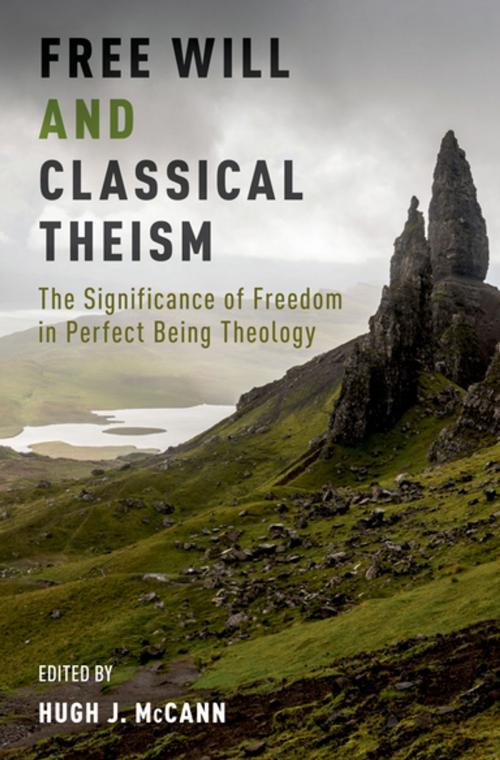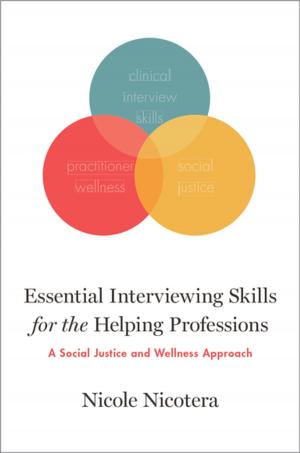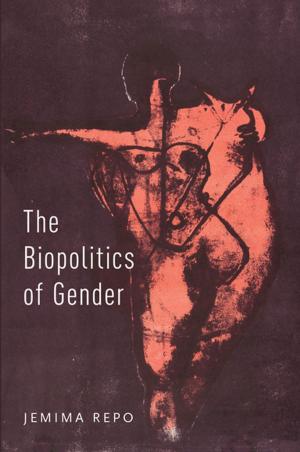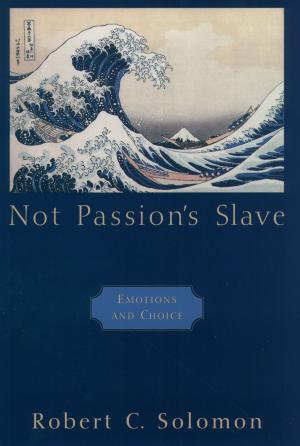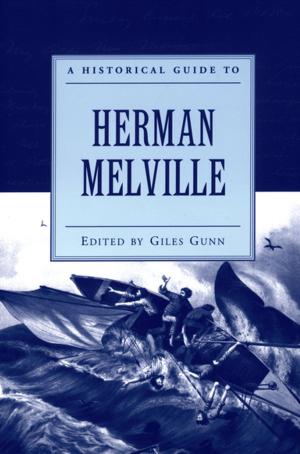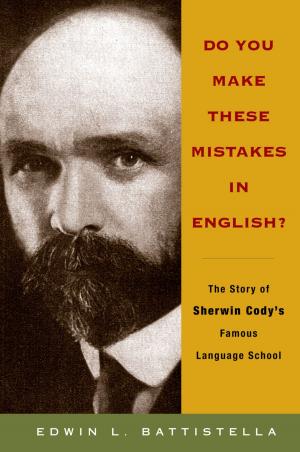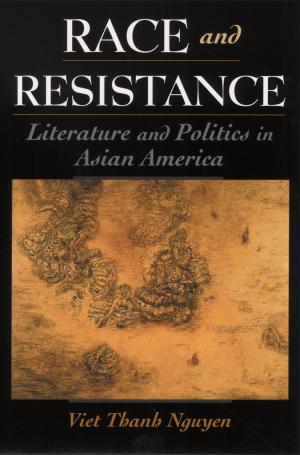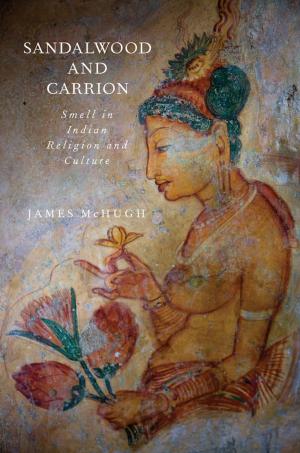Free Will and Classical Theism
The Significance of Freedom in Perfect Being Theology
Nonfiction, Religion & Spirituality, Philosophy, Free Will & Determinism, Metaphysics, Religious| Author: | ISBN: | 9780190658731 | |
| Publisher: | Oxford University Press | Publication: | November 2, 2016 |
| Imprint: | Oxford University Press | Language: | English |
| Author: | |
| ISBN: | 9780190658731 |
| Publisher: | Oxford University Press |
| Publication: | November 2, 2016 |
| Imprint: | Oxford University Press |
| Language: | English |
The articles in the present collection deal with the religious dimension of the problem of free will. All of the papers also have implications for broader philosophical and theological issues, and will thus be of interest to a wide variety of scholars, both religious and secular. Together they provide a historical and contemporary overview of problems in the theology of freedom, together with recent work by some important philosophers in the field aimed at resolving those problems. The chapters are divided into four sections. The first addresses central issues about the nature of free will and how free will relates to theological topics such as theological fatalism and the problem of evil. The second section focuses on historical debates about free will and theism, but with an eye toward how those historical discussions can be brought into discussion with contemporary debates. The third section aims to address and understand divine freedom, while the final section explores implications of the doctrine of divine omnicausality.
The articles in the present collection deal with the religious dimension of the problem of free will. All of the papers also have implications for broader philosophical and theological issues, and will thus be of interest to a wide variety of scholars, both religious and secular. Together they provide a historical and contemporary overview of problems in the theology of freedom, together with recent work by some important philosophers in the field aimed at resolving those problems. The chapters are divided into four sections. The first addresses central issues about the nature of free will and how free will relates to theological topics such as theological fatalism and the problem of evil. The second section focuses on historical debates about free will and theism, but with an eye toward how those historical discussions can be brought into discussion with contemporary debates. The third section aims to address and understand divine freedom, while the final section explores implications of the doctrine of divine omnicausality.
